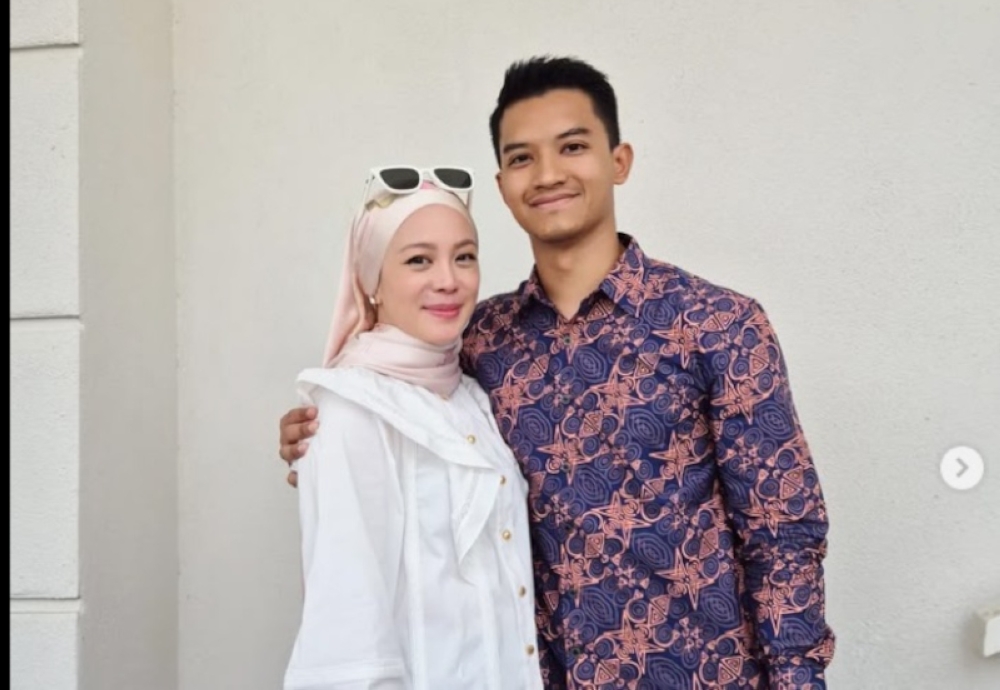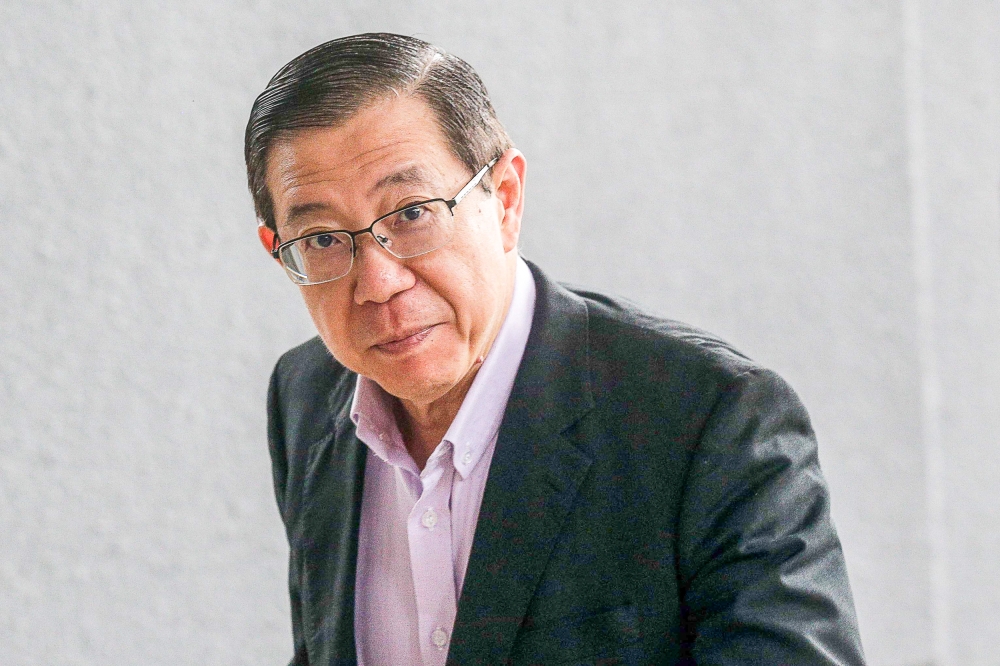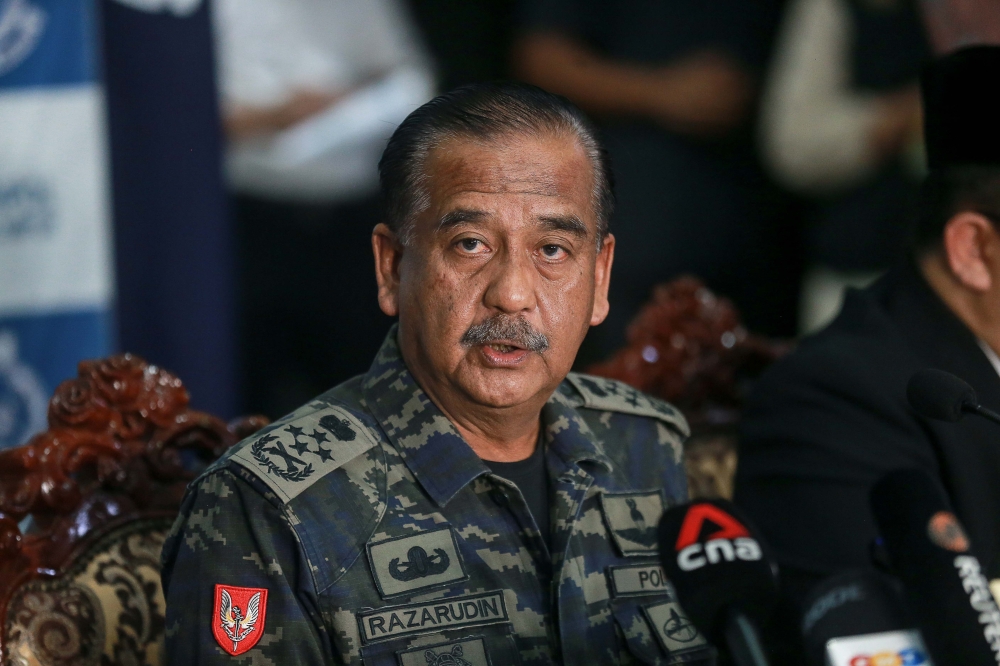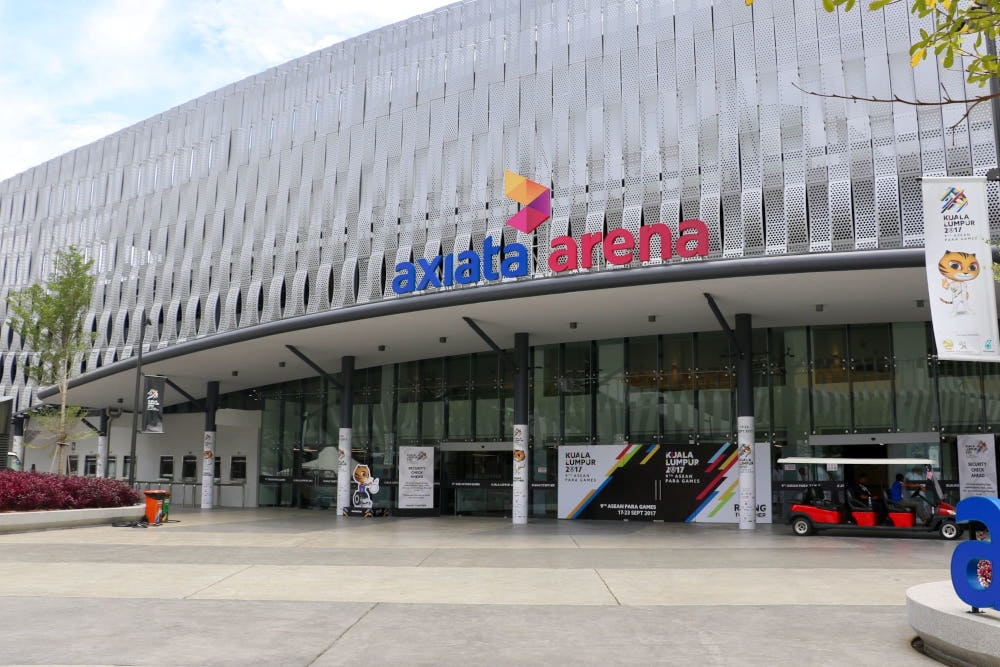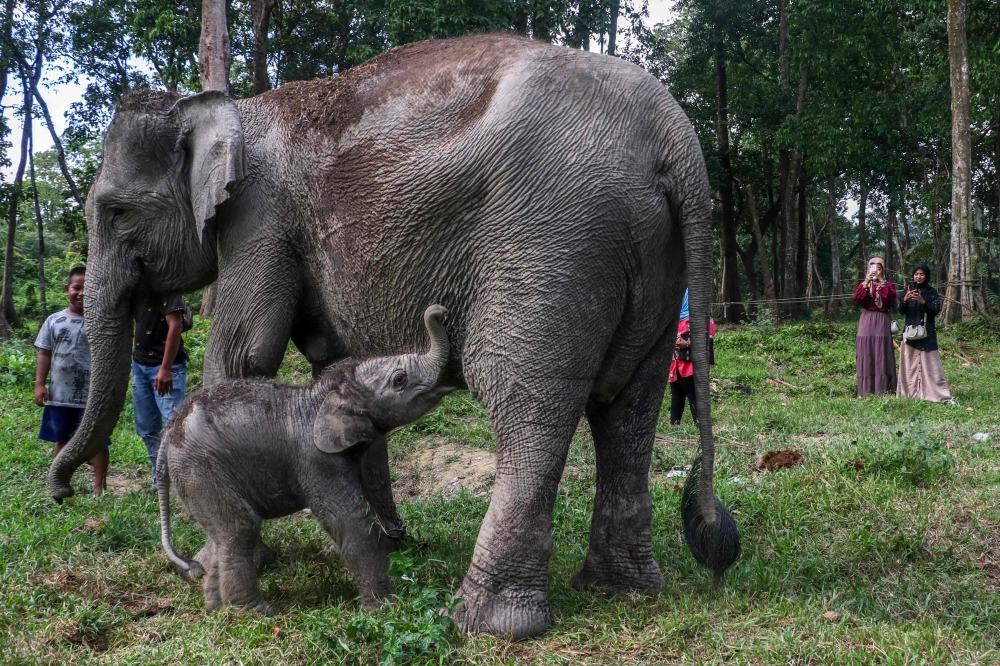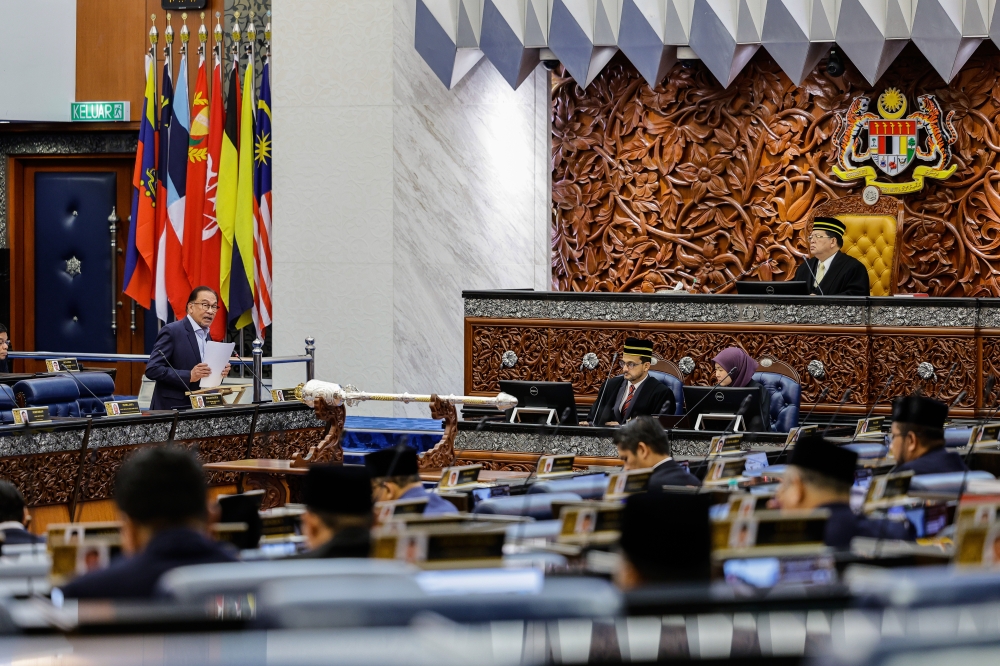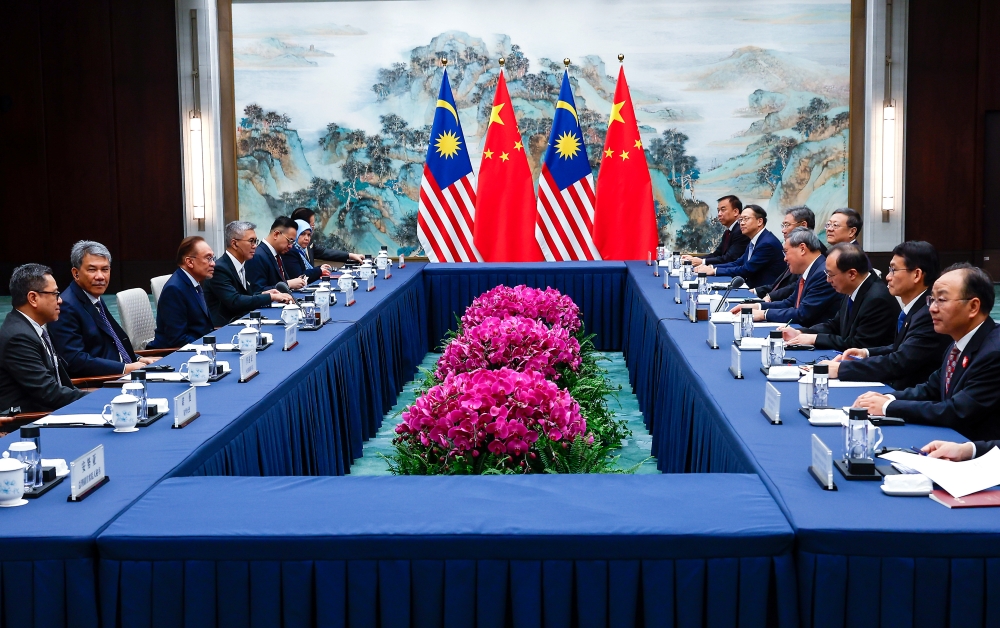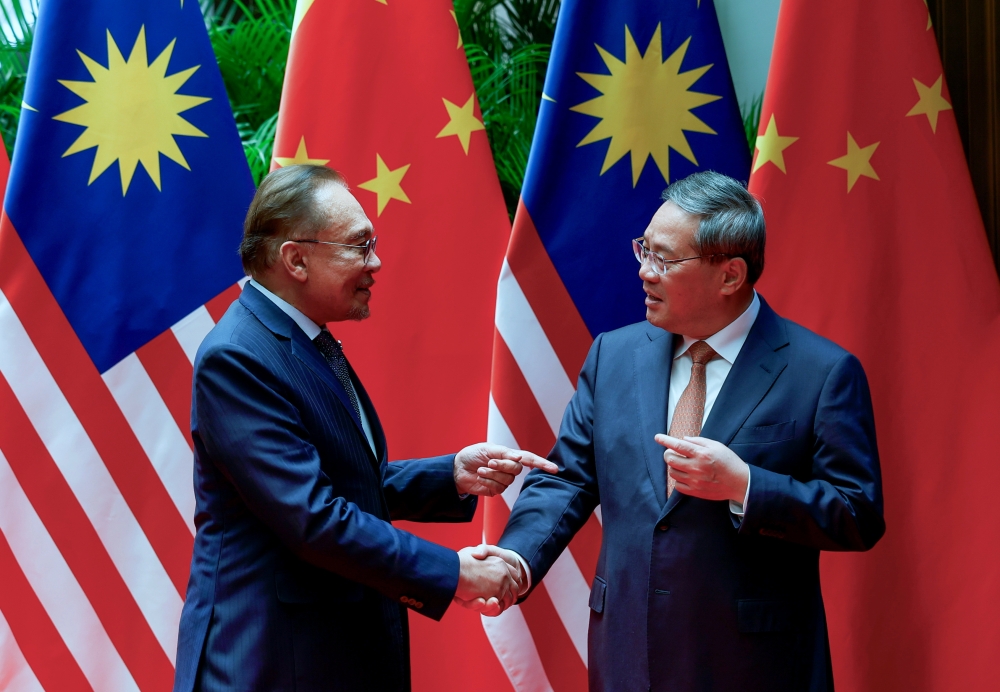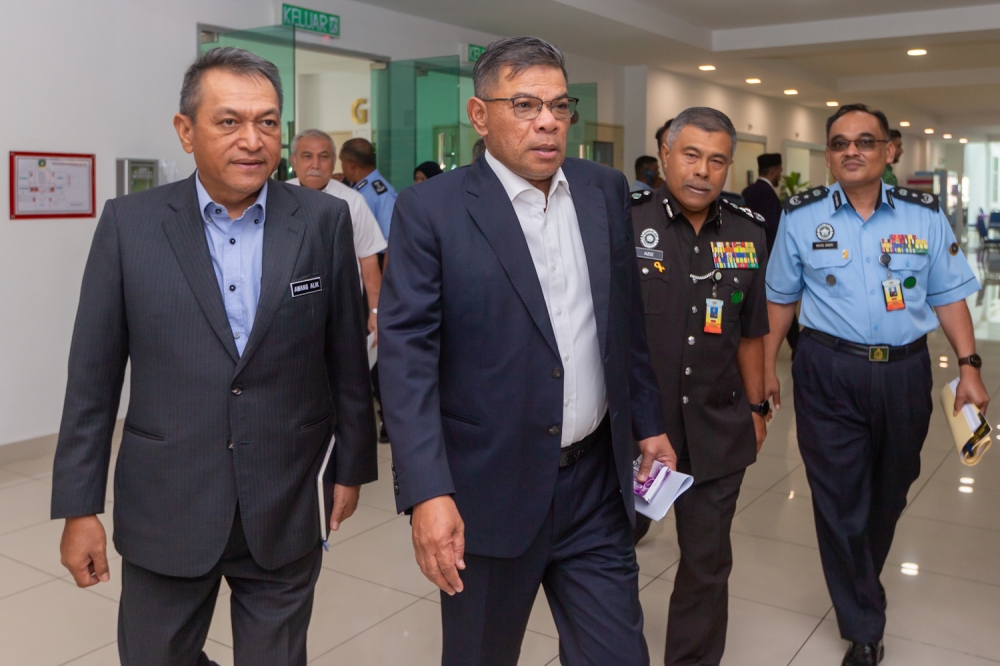KUALA LUMPUR, Oct 1 — Federal Opposition Perikatan Nasional (PN) has rejected a draft deal that would have enabled its MPs to receive the same amount of money as government MPs to spend on developing their voters’ constituencies, but why?
What was in the proposed Memorandum of Understanding (MoU) between the Malaysian government and PN? Was the draft MoU as bad as PN claimed?
1. Be the best version of an MP you can be: ‘Tambah mutu lagi’
Here’s a quick summary of what was in the draft MoU which was made public recently after PN criticised and rejected the proposed terms:
In short: The Prime Minister Datuk Seri Anwar Ibrahim-led administration which includes Pakatan Harapan (PH) and Barisan Nasional (BN) is offering equal treatment to Opposition MPs, in exchange for PN MPs agreeing to:
- give constructive criticism and not be disruptive
- come up with their own credible policy ideas for the country
- adopt the standards in “The Seven Principles of Public Life”
- declare their assets
- not to make hate speech/speak in a way that would cause discrimination
- not to incite hatred or treason towards royalty
The draft MoU would have to be signed between the federal government and each Opposition MP, and another set with the same terms was intended to be signed between the federal government and PN as an “en bloc” agreement which would involve all of PN’s MPs.
But for the equal funding to actually reach the Opposition MPs, the MPs would have to go beyond merely agreeing with and signing the MoU, and have to first actually declare their assets and to sign the “The Seven Principles of Public Life”.
2. But what are the “The Seven Principles of Public Life”?
The Seven Principles of Public Life was created in the UK in 1995 and lists the ethical standards that those who hold public office are expected to meet in their conduct:
- Selflessness (act solely in public interest)
- Integrity (e.g. avoid being under obligation to others who may try to influence their work; not act or make decisions for own/family’s/friends’ benefit; declare any interests/relationships)
- Objectivity (act and decide “impartially, fairly and on merit” using best evidence without discrimination)
- Accountability (to the public for decisions/actions and submit self to monitoring/scrutiny)
- Openness (act/decide in an open and transparent manner. Not to keep any info secret from public unless laws clearly restrict public disclosure)
- Honesty (be truthful)
- Leadership (show these principles in daily life, treat others with respect. Promote/support these principles and oppose poor behaviour)
3. Is this the first time that Opposition MPs and the Malaysian government have tried to work out an equal constituency funding deal?
No.
Under then prime minister Datuk Seri Ismail Sabri Yaakob’s administration that included PN and BN, the ruling government in 2021 successfully inked an agreement with the then Opposition MPs under PH.
Under that deal where the then Opposition coalition PH agreed to not vote against crucial government Bills in Parliament such as the Budget 2022 or to cause a vote of no confidence in the government, Ismail Sabri’s administration agreed to provide equal constituency funding to them and agree that PH could continue to provide checks and balance to the government.
4. Is it just about the money, money, money for Opposition MPs’ constituencies’ development?
Both the 2021 MoU and the current draft MoU have wider aims than just enabling Opposition MPs to have equal funding like government MPs.
The pandemic-era 2021 MoU stated the need for both government and the Opposition to prioritise political stability and administration of the country, and to focus on economic recovery and efforts to curb the spread of the Covid-19 pandemic. It also noted the need for transformations and reforms for good governance.
The current draft MoU also highlights the intention to improve the country’s political stability, and proposes the double commitments of:
a) tackling the problem of rising racial and religious polarisation and social division
b) improve Opposition MPs’ function/role and recognise their status as Opposition MP via their declarations and commitments in the MoU
5. So why did PN say no?
On September 17, PN chairman Tan Sri Muhyiddin Yassin said PN MPs have decided to reject the draft MoU, claiming that the proposed agreement had a hidden intention of restricting MPs’ freedom to voice out their voters’ wishes.
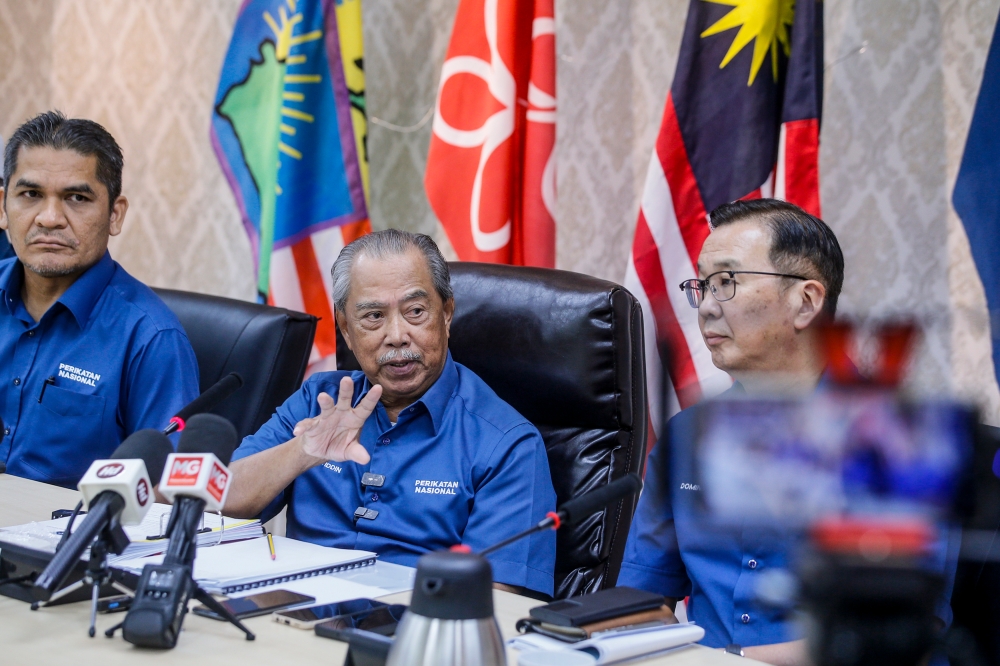
Muhyiddin claimed that the draft MoU is unconstitutional and goes against Malaysians’ noble values.
He claimed:
a) That the draft MoU allegedly prohibits PN MPs from voicing out issues of race, religion and the royalty, and touching on these issues are considered as spreading hatred.
- He questioned if the current government intends to subtly rewrite the Federal Constitution through the MoU and to deny the special position of Malays and Bumiputera and legitimate rights of other races.
b) that this draft MoU purportedly brings in elements that clash with Asian societies’ moral and religious values.
- Noting that the draft MoU prohibits PN MPs from making statements that discriminate against anyone on the basis of religion, race or “other identities”, Muhyiddin claimed that the term “other identities” includes the “LGBT” (lesbian, gay, bisexual, transgender) group.
- Muhyiddin hypothetically questioned if PN MPs who sign the draft MoU would not be able to oppose any policies or laws that he claims the government may enact to allow LGBT behaviour in the future.
- Muhyiddin also argued that there was no need to sign an agreement or MoU for Opposition MPs to be given funding, as PH had promised to do so in its manifesto for the 15th general election.
On September 19, PH secretary-general Datuk Seri Saifuddin Nasution Ismail pointed out that the 2021 MoU was signed and agreed on after several rounds of negotiations based on the government’s draft MoU, contrasting it to the current response by the Opposition when it had just received the draft.
6. Does the draft MoU actually mention LGBT?
No, the draft MoU does not mention the term LGBT.
Among other things, the draft MoU requires an Opposition MP to recognise the Federal Constitution as being based on equality for all and for everyone to have the right for equal protection from discrimination.
While Muhyiddin claimed that the draft MoU would stop PN MPs from talking about race, religion and royalty as it would be considered as spreading hatred, the draft MoU’s document actually does not make such a sweeping statement of not allowing any comments at all about these three issues or saying that any comments on these issues would equal to spreading hate.
Instead, the draft MoU lists specific situations which opposition MPs should do regarding these topics, including:
- directly asking them to refrain from making hate speech (without specifying the topic)
- not to incite discrimination, hatred or violence towards anyone
- not to insult or commit treason towards the royalty
7. Is this the end for PN MPs’ hopes for equal funding?
The current government via its spokesman Communications Minister Fahmi Fadzil had on September 20 said that it is still ready to discuss the draft MoU further.
But at the same time, PN leaders have been firm about rejecting the draft MoU, with PAS deputy president Datuk Seri Tuan Ibrahim Tuan Man for example saying on September 21 that government allocation of funding to Opposition lawmakers should be given without needing an MoU.
8. So will voters in Opposition MPs’ constituencies be skipped over?
On September 21, Deputy Prime Minister Datuk Seri Fadillah Yusof said the federal government will continue to carry out programmes and projects for the public and that no area will be excluded from such benefits, even without an MoU.
9. Going beyond temporary band-aid fixes
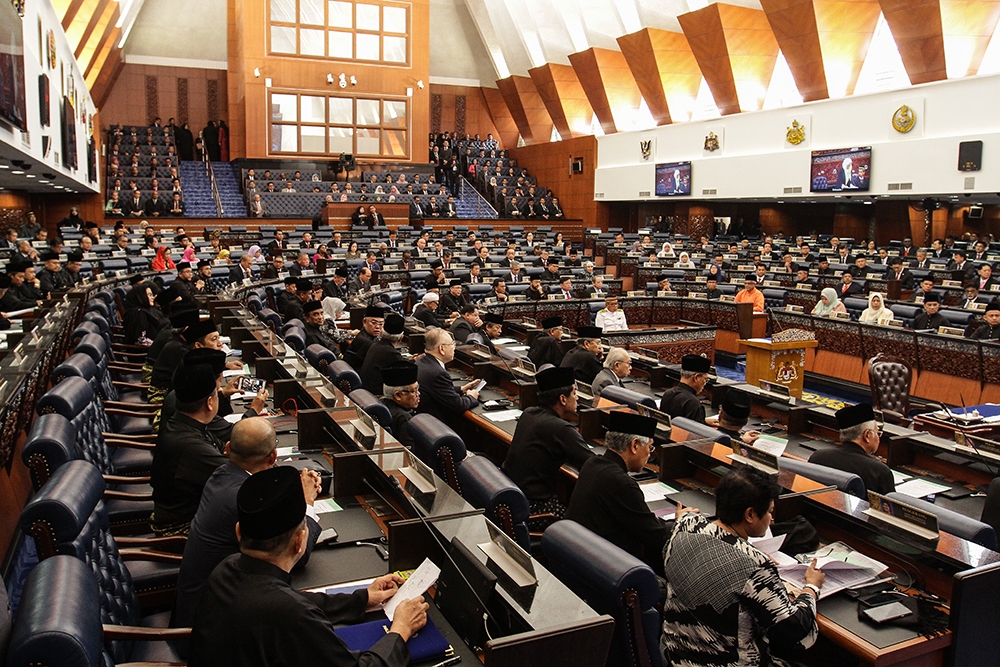
In recent years, Malaysia has seen multiple changes in power and political alignments. This means MPs have no guarantee of receiving constituency development funds as it would depend on which party forms the new ruling government after elections, while the method of negotiating MoUs could result in delay obtaining such funds.
Electoral reform group Bersih and think tank Institute for Democracy and Economic Affairs (IDEAS) had previously said that a new law — Constituency Development Fund Act — should be introduced as a long-term solution to ensure equitable constituency development funding regardless of political affiliation.
IDEAS had in November last year said political stability requires politicians to all be treated fairly and held to the same standards of accountability.
On September 18, IDEAS also urged for broader solutions including introducing a Political Financing Act, discussing whether the current constituency development funds (CDF) mechanism is sustainable and whether Malaysia should change to a new system of distributing CDF to elected local councils instead.



